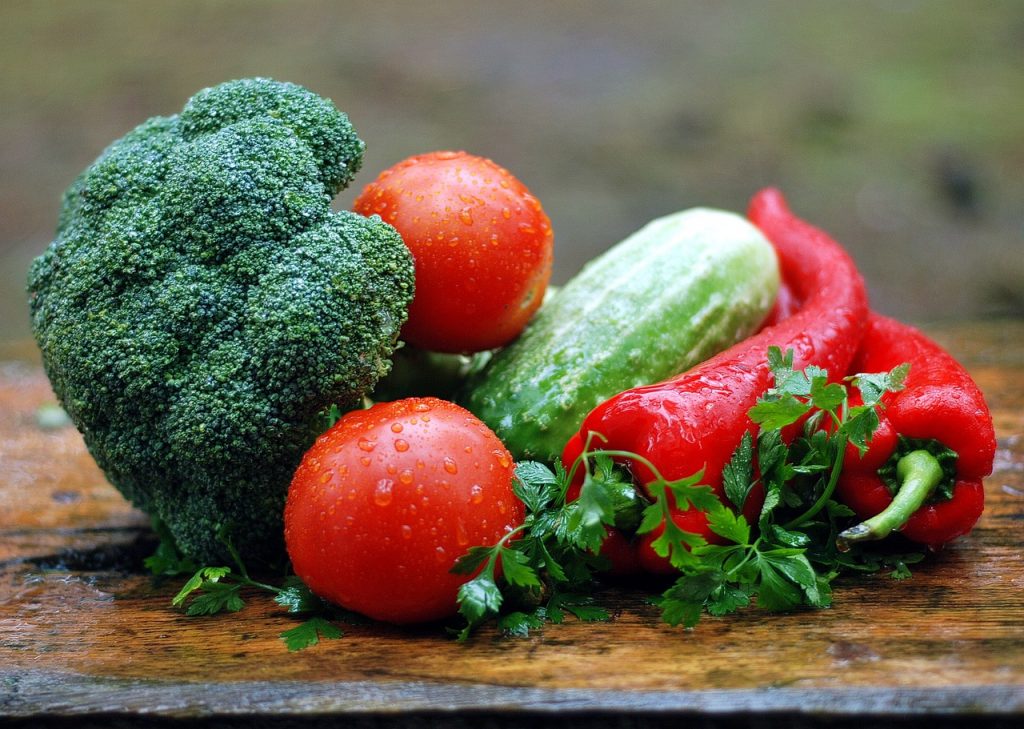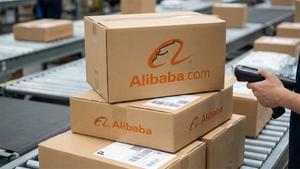Pesticides are used in traditional agriculture to control pests and diseases in crops and increase food production. Long-term use of pesticides can cause negative impacts on the environment and human health, such as increased liver and kidney burden or chronic poisoning.

Taipei, Taiwan (Merxwire) – Modern people often say that there are five fruits and vegetables for health. We all know that eating more fruits and vegetables is good for physical and mental health, but the premise is to wash them clean! According to research, nearly 75% of the non-organic agricultural products sold in the United States contain pesticide residues. The pesticides will be eaten if the fruits and vegetables are not carefully washed!
Which fruit has the most pesticide residues? The U.S. Department of Agriculture (USDA) recently released the “2023 Dirty Fruits and Vegetables” list, listing 12 kinds of fruits and vegetables with a lot of pesticide residues (Dirty Dozen) for the public to use as a reference for daily purchases. The rankings are from top to bottom: strawberries, spinach, kale, mustard greens, peaches, pears, sweet peaches, apples, grapes, bell peppers, cherries, blueberries, and green beans.
Without any suspense, strawberries ranked first again. Not only strawberries but more than 90% of the samples, including apples, cherries, spinach, sweet peaches, and grapes, tested positive for two or more pesticide residues. Experts remind citizens that before eating fruits and vegetables, they should be washed with running water for at least 1 minute to minimize pesticide residues and avoid the physical burden.
If you want to reduce the number of fruits and vegetables with pesticide residues, you can try to buy seasonal fruits because each fruit has the most suitable growing season. Seasonal fruits that coincide with the peak production period do not need a lot of pesticides, fertilizers, and other chemicals to maintain Growing; growing in the most suitable season is, of course, more natural and safer.

In addition, you can also choose fruits and vegetables with production labels. For example, Taiwan has agricultural product production traceability bar codes (QR Code), CAS Taiwan excellent agrarian products, TAP agricultural products with production and sales history, organic agricultural product labels, etc., which can help consumers understand the fruits and vegetables they buy.
In the end, nothing is safer than eating what you grow yourself! Using simple soil or hydroponics methods and choosing the correct container and location, having your small farm at home is possible. Don’t worry, and there are several kinds of vegetables and fruits for beginners to start quickly, such as herbs, tomatoes, peppers, strawberries, lettuce, etc. No professional skills and ample space are required; even plant killers can enjoy a good harvest.



